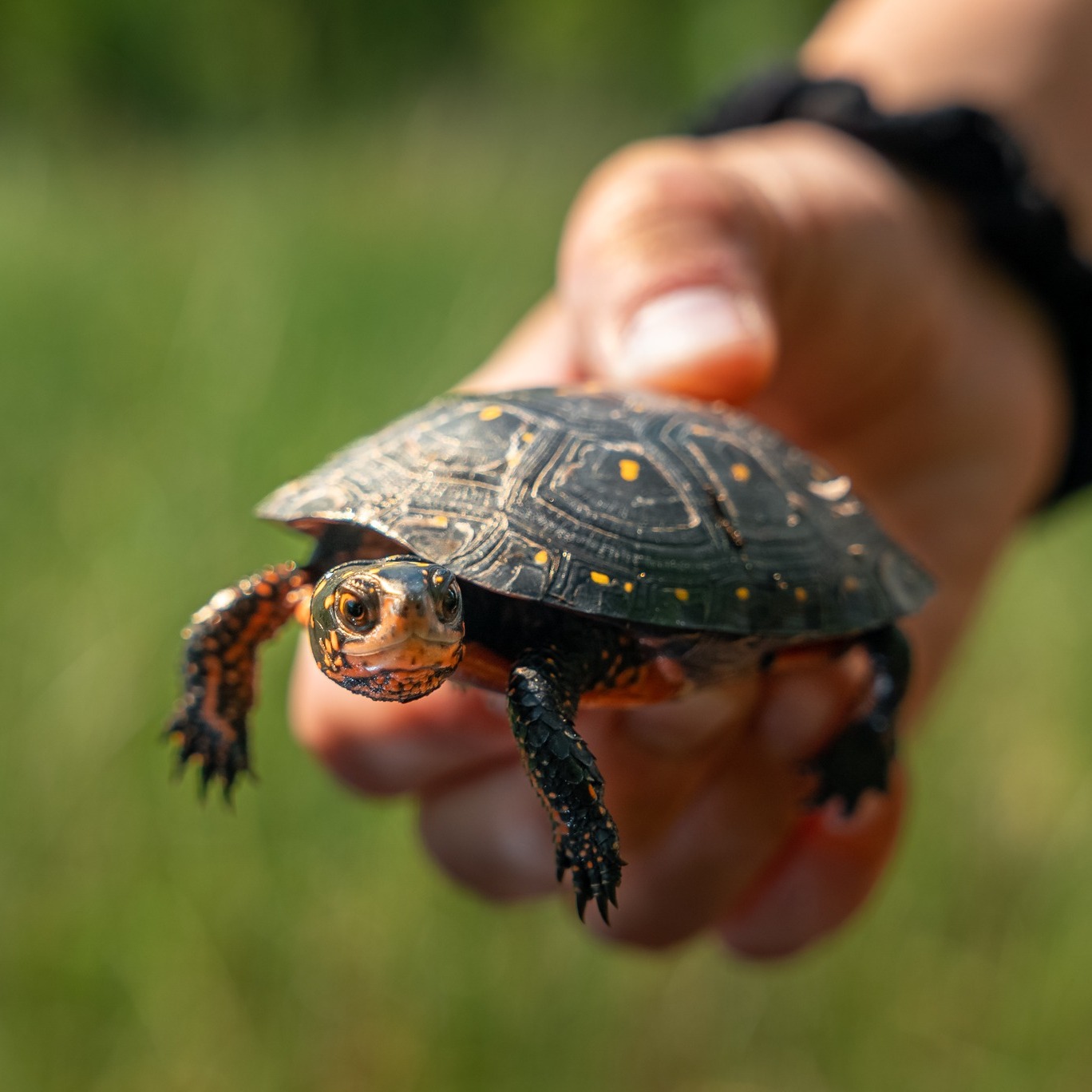- The significance of individual support in advancing conservation efforts and the roles of visitors, members, volunteers, and staff.
- The global and local impacts of Toledo Zoo’s conservation initiatives, including Wild Toledo.
- The importance of wildlife and ecosystem protection through research and community education.
- Strategies for effective zoo management that enhance conservation outcomes.
- The role of educational programs in promoting sustainable conservation practices.
The intricate web of conservation initiatives hinges not only on grand policies but also on the individual contributions of visitors, members, volunteers, and staff. Each of these groups plays a pivotal role in fostering significant environmental impact. Whether it is a family outing to the Toledo Zoo or a dedicated volunteer spending their weekends assisting with local biodiversity projects, the combined efforts propel conservation achievements. By engaging in these activities, individuals contribute to sustaining wildlife and their habitats.
Supporters of the Toledo Zoo facilitate the bolstering of a comprehensive conservation strategy that serves as a blueprint for other institutions globally. This support backs extensive research projects and helps mitigate various challenges faced by wildlife today, such as habitat destruction and climate change. Every tier of involvement, from an annual membership to volunteer work, contributes critical resources that enable ongoing preservation efforts. These resources then translate into measurable achievements in conservation, underscoring the importance of community engagement in achieving environmental sustainability.
A core component of the Toledo Zoo’s conservation efforts is its Wild Toledo program. This initiative bridges global research objectives with tangible, local impacts. Wild Toledo is a beacon of community-based conservation, focusing on restoring native habitats in urban and suburban settings. The program demonstrates the significant effects localized projects can have on the broader ecological picture. By focusing on local ecosystems, Wild Toledo not only enhances the area’s biodiversity but also fosters a sense of stewardship in the community. This project acts as a model for how zoos can extend their reach beyond their physical boundaries and influence local populations to take part in preserving their natural heritage.
Moreover, the research conducted as part of such initiatives is invaluable. Data collected from these projects inform both local and international conservation strategies. Research on native species’ genetics or behavior in restored habitats contributes to understanding larger conservation trends. Furthermore, the Wild Toledo program’s collaboration with schools and community groups helps raise public awareness about environmental issues. This increases community knowledge, equipping people to advocate for biodiversity proactively. Such educational endeavors are vital for developing a well-informed community that values and works towards conservation goals.
Understanding effective zoo management practices is crucial for ensuring that conservation goals are achieved efficiently. Modern zoos, such as Toledo Zoo, must balance the roles of education, conservation, and recreation. Progressive management strategies incorporate sustainable practices across all zoo operations, from animal care to facility maintenance. These strategies include adopting renewable energy sources, implementing recycling and composting programs, and reducing water usage. By adopting these practices, zoos can reduce their environmental footprint, setting an example for visitors and the wider community.
Strategic partnerships with conservation organizations and governmental bodies further amplify zoo conservation efforts, creating a broader network of resources and expertise. Such collaborations not only spur innovation in conservation techniques but also promote shared learning and resource allocation. Management must remain vigilant in fostering these relationships, ensuring maximized impact through cooperative efforts. Toledo Zoo’s initiatives highlight the role of zoos as conservational leaders, shaping how the public perceives and participates in wildlife protection.
Educational programs at Toledo Zoo play a crucial role in promoting sustainable conservation practices. By offering workshops, lectures, and interactive exhibits, the zoo educates visitors about the pressing conservation challenges faced by our planet. Education is the cornerstone of any conservation effort; understanding leads to appreciation, and appreciation can lead to action. Programs tailored for different age groups foster a deeper understanding of ecological importance and the need for every individual’s involvement in conservation activities.
Moreover, these educational programs extend beyond passive learning. They actively encourage participation through citizen science projects, where community members can engage in data collection and monitoring efforts. This interaction not only empowers individuals but also provides them with a deeper connection to the natural world. As public knowledge and interest grow, so does community support for various conservation initiatives. Thus, education within zoos becomes a vital component of more sustainable and comprehensive conservation strategies.
Toledo Zoo’s multi-faceted approach encompasses a range of strategies to safeguard wildlife and ecosystems. Their dedication to conservation through research, active community involvement, and education forms a robust framework supporting biodiversity. Community members, through varied levels of involvement, transform from mere spectators to active participants in the fight for wildlife preservation. The zoo’s commitment to conservation is not a static endeavor but a dynamic, ongoing partnership with the world around it, strengthening the bond between humanity and the natural environment.
*****
Source Description
Whether you’re a visitor, member, volunteer, or staff, your support plays a vital role in our world-renowned conservation efforts! 🌍 🐾
From global research to local impact through our Wild Toledo program, Toledo Zoo is committed to protecting wildlife and ecosystems.
Link in bio to learn more and support Conservation Today.


